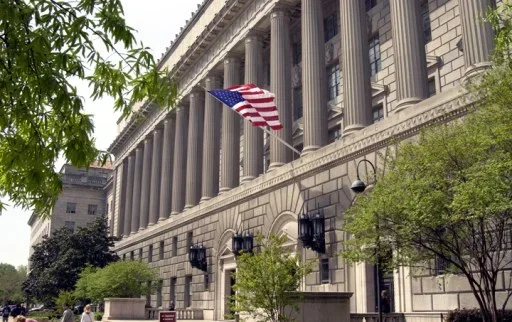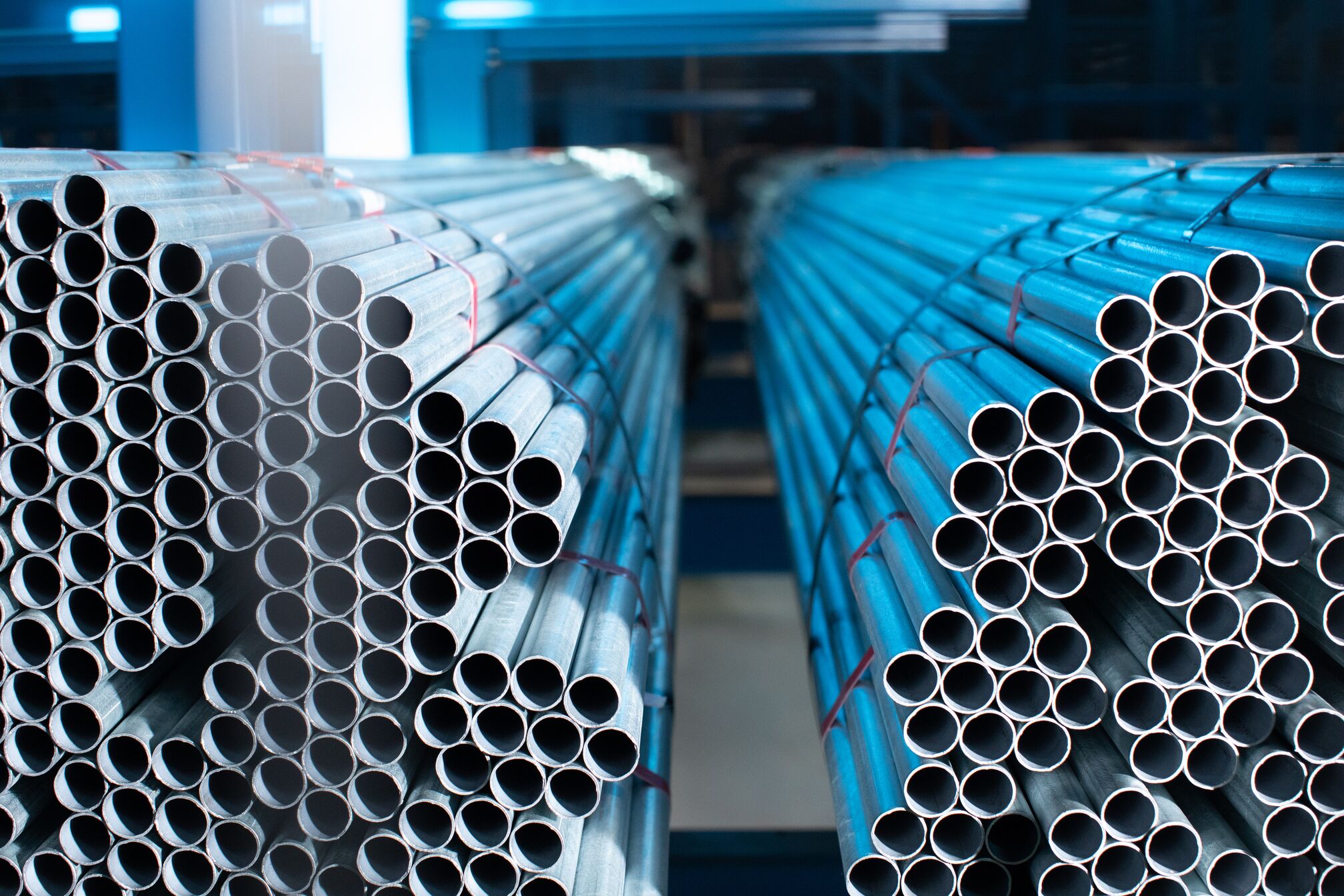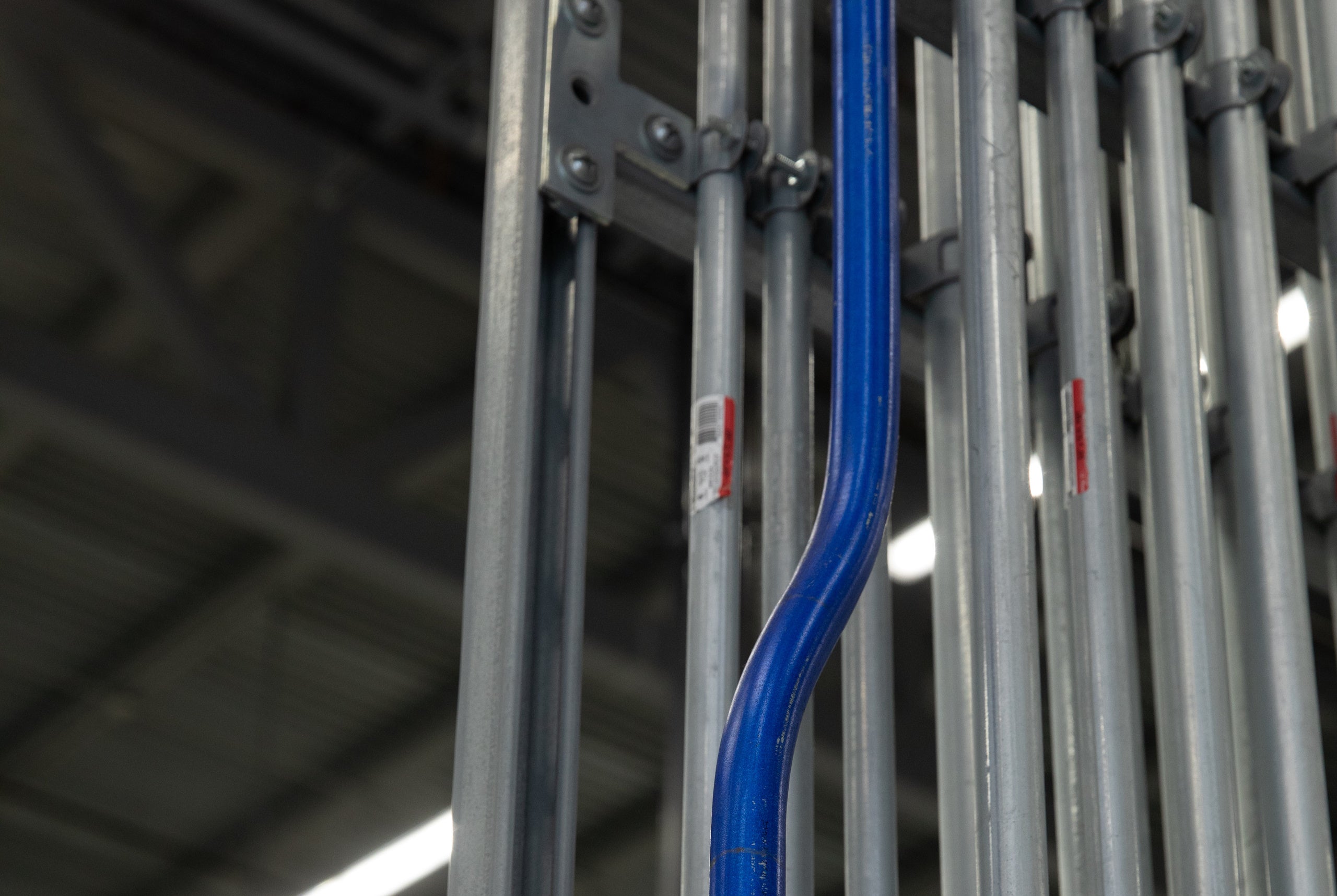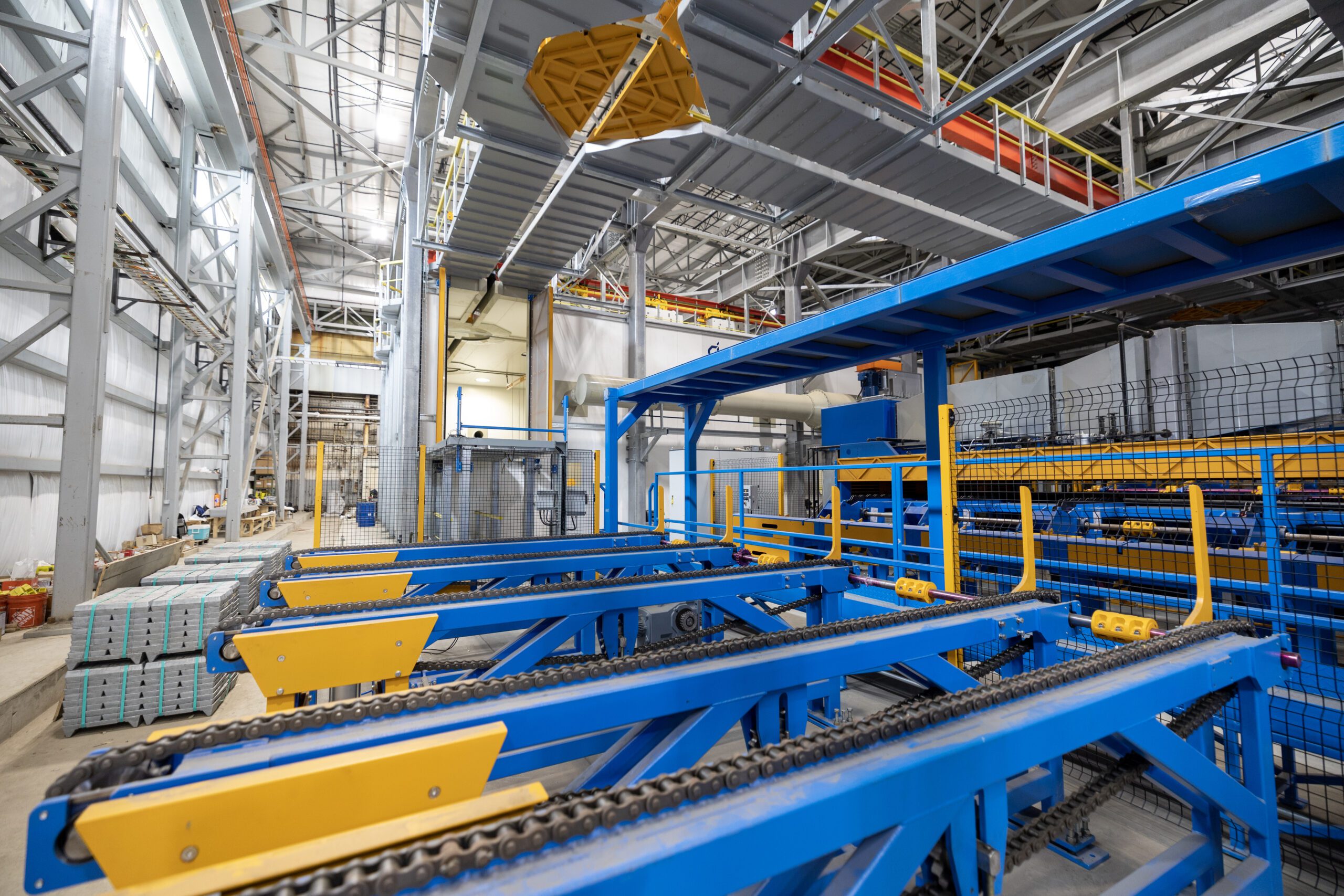Drawing a hard-line – Breaking the cycle of imported pipe & tube
On April 19th 2017, an investigation into Section 232 was initiated by Secretary of Commerce Wilbur Ross to analyze reports of excess global steel production and capacity – especially outside the United States through foreign government subsidies. With a decline in the U.S. Steel capacity utilization from 77.5% in 2014, to 71% in 2016 and excess capacity in the global steel marketplace, Mr. Ross determined that a study was necessary for further review.
When an investigation into Section 232 is opened, government officials try to determine the following:
- Why is the problem is occurring?
- When did it start?
- Is the problem affecting the interests of national security?
- If current tariffs are in place, are they effective in leveling the playing field?
- Should any action cover all products in an industry or just a select few?
On May 24th, 2017,the public hearing on Section 232 Investigation of Steel Imports on National Securitytook place in Washington, D.C. where 37 speakers from the steel industry, foreign governments and other entities were invited to present their current concerns to the panel of ten lawmakers. At the hearing, CEO Barry Zekelman of Zekelman Industries spoke about he feels swift action is necessary. “Our millions of miles of tubing are the thread that sew the security blanket that covers our great nation” said Zekelman, making pipe and tube the “backbone of our nation’s infrastructure”. During his five-minute speech, Mr. Zekelman discussed other areas where pipe and tube are used including military equipment. “There’s not one piece of military equipment that doesn’t have a tube in it” said Zekelman.
Not only does the domestic pipe and tube industry support our nation’s infrastructure, it also supports our nation’s economy. “Our economy and our military would grind to a screeching halt without a vibrant domestic tube industry” said Zekelman. “Our industry consumes more than 20 million tons of flat rolled steel produced in the U.S., the single largest category. So, if we go out of business, they go out of business.”
Mr. Zekelman concluded his speech urging law makers to break our dependency of imported tube and pipe products. “In sum, to ask if pipe and tube is vital to our national security is not the right question. The question is really, how could our country possibly be secure without it?”
After an investigation is opened, the Secretary of Commerce has 270 days to present their findings and recommendations to the President. The President then has 90 days to act on the findings from the Secretary. The public hearing yesterday is one of the first steps in this lengthy process. Mr. Zekelman’s speech begins around the one hour and 25-minute mark.
For more information on the investigation, please visit the Secretary of Commerce website.
Sources:
Frequently Asked Questions: Section 232 Investigations: The Effect of Steel Imports on the National Security:https://www.commerce.gov/news/fact-sheets/2017/04/frequently-asked-questions-section-232-investigations-effect-steel-imports
Fact Sheet: Section 232 Investigations The effects of Imports on National Securityhttps://www.commerce.gov/news/fact-sheets/2017/04/fact-sheet-section-232-investigations-effect-imports-national-security
Trump Launched a Section 232 Investigation into Steel Imports. Here’s what it means http://www.americanmanufacturing.org/blog/entry/trump-is-about-to-launch-a-section-232-investigation-into-chinese-steel.-he
AISC Calls on Commerce Department to Expand Trade Remedies to Downstream Manufactured and Fabricated Steel Products https://www.aisc.org/pressreleases/press-releases/aisc-calls-on-commerce-department-to-expand-trade-remedies-to-downstream-manufactured-and-fabricated-steel-products/#.WSc41OsrKM8
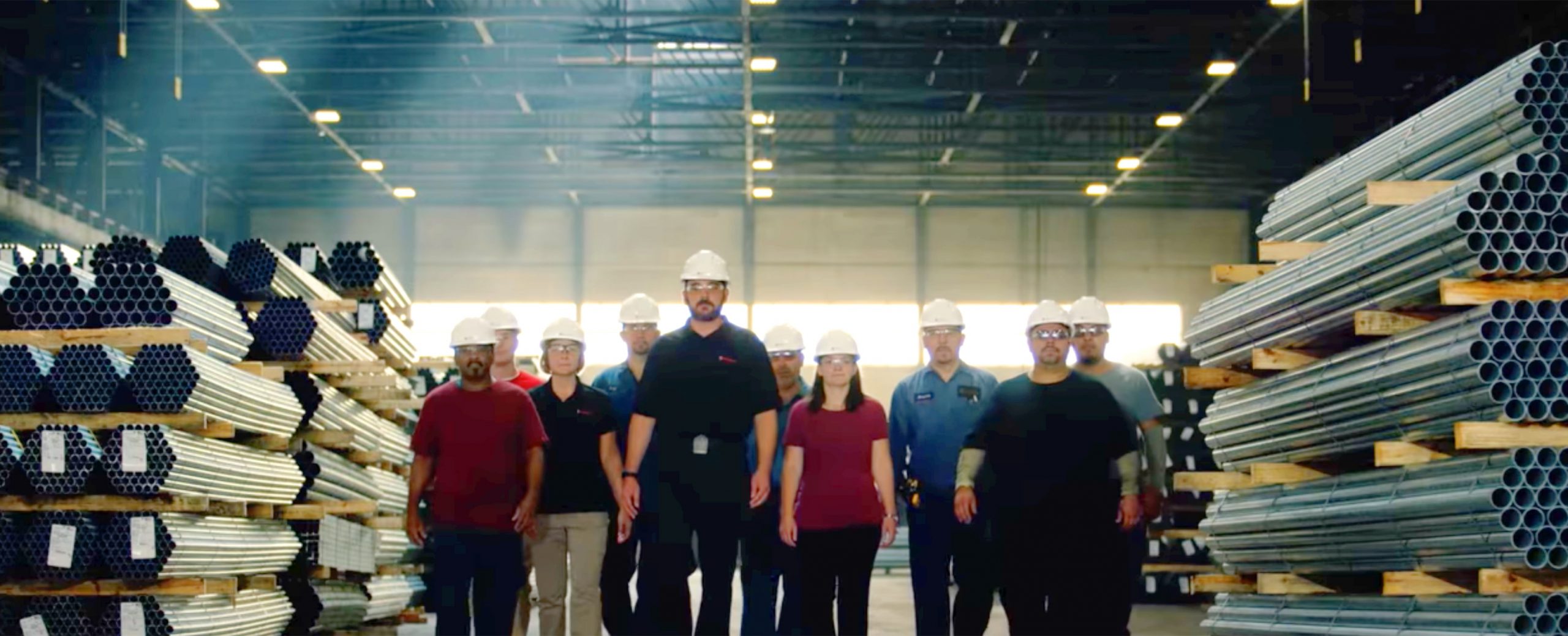
There’s nothing better than building something you believe in.
Zekelman companies are in constant motion, expanding our teams and challenging convention.
"*" indicates required fields

